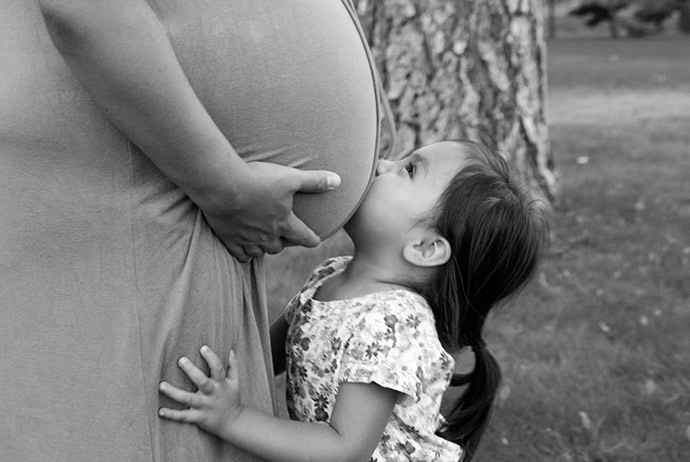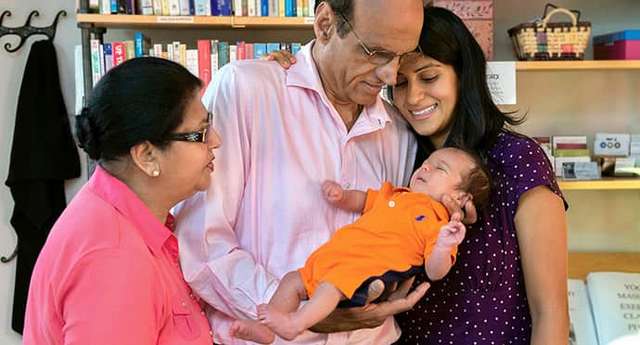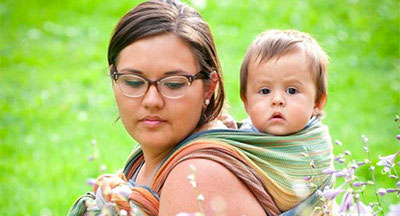What do midwives do?
Midwives are specially trained to take care of people who are well during the times of:
- pregnancy;
- birthing; and
- in the early weeks of a baby’s life (postpartum)
If your experience is medically healthy, you may need to only see your midwife during the whole time of pregnancy, birth, and postpartum. If you or your baby have medical complications, your midwife may arrange for you to meet a specialist, such as an obstetrician or a pediatrician.
The following sections outline what type of work your midwife does during pregnancy, birth, and the postpartum period.

Pregnancy:
There is a lot to learn in pregnancy! From what to eat, to what labour will be like, to ways to just get comfortable, your midwife is a source of information for you.
- Your midwife gives you time to talk about how you are doing and any worries or questions you have.
- You may visit the midwife at a clinic or in your own home.
- Your midwife orders all of your blood, urine, and swab tests, including a pap test if needed, as well as ultrasounds.
- Since your visits to the midwife are longer than a doctor’s appointment, you’ll have time to learn about the tests that are done. You’ll receive an option to say no.
- You midwife provides routine pregnancy checkups.
- Your midwife listens to your baby’s heartbeat, measures your belly, and checks the position of your baby and the amount of amniotic fluid (water).
- You are able to contact a midwife at any time for urgent concerns.
- Midwives recognize that pregnancy is a time of changes for your body, emotions, mind, and spirit. Your midwife can help you navigate through these changes in a good way.
Birthing:
- As your labour begins, your midwife can give you advice to help you rest and be more comfortable.
- Once you begin the hard work of labour, a midwife stays with you until well after the baby is born.
- The midwife checks your baby’s heartbeat and tracks your wellness and the changes your body makes in labour.
- When it’s time for your baby to be born, the midwife catches (delivers) your baby and keeps your baby as close as possible to you at all times, unless you have asked otherwise.
- Your midwife also helps you to deliver the placenta (afterbirth).
- You receive the choice of keeping it and any other pieces of umbilical cord.
- Your midwife continues to observe you and your baby for the early hours after birth.
- You receive the option of where you would like to birth.
- Labour and birth may take place in the hospital or in a home.
- The place of birth depends on your plan and what you need at that moment.
- If you plan to use pain medications, or if you need them during labour or birth, your midwife arranges this.
- A midwife stays by your side if you need care from a specialist, such as for a c-section.
- Midwives are trained to manage urgent situations until things either get better or a specialist arrives.

Postpartum, aftercare, and baby care:
- The word “postpartum” means “after birthing.”
- When your midwife talks about postpartum care, they mean the care you receive after giving birth.
- Your midwife continues to see you and your baby for about a month and a half after giving birth, sometimes longer.
- Your midwife weighs the baby, helps with feeding, and supports and encourages you.
- “Postpartum depression” means depression after giving birth.
- If you are feeling sad during the time after you give birth, talk to your midwife about it.




